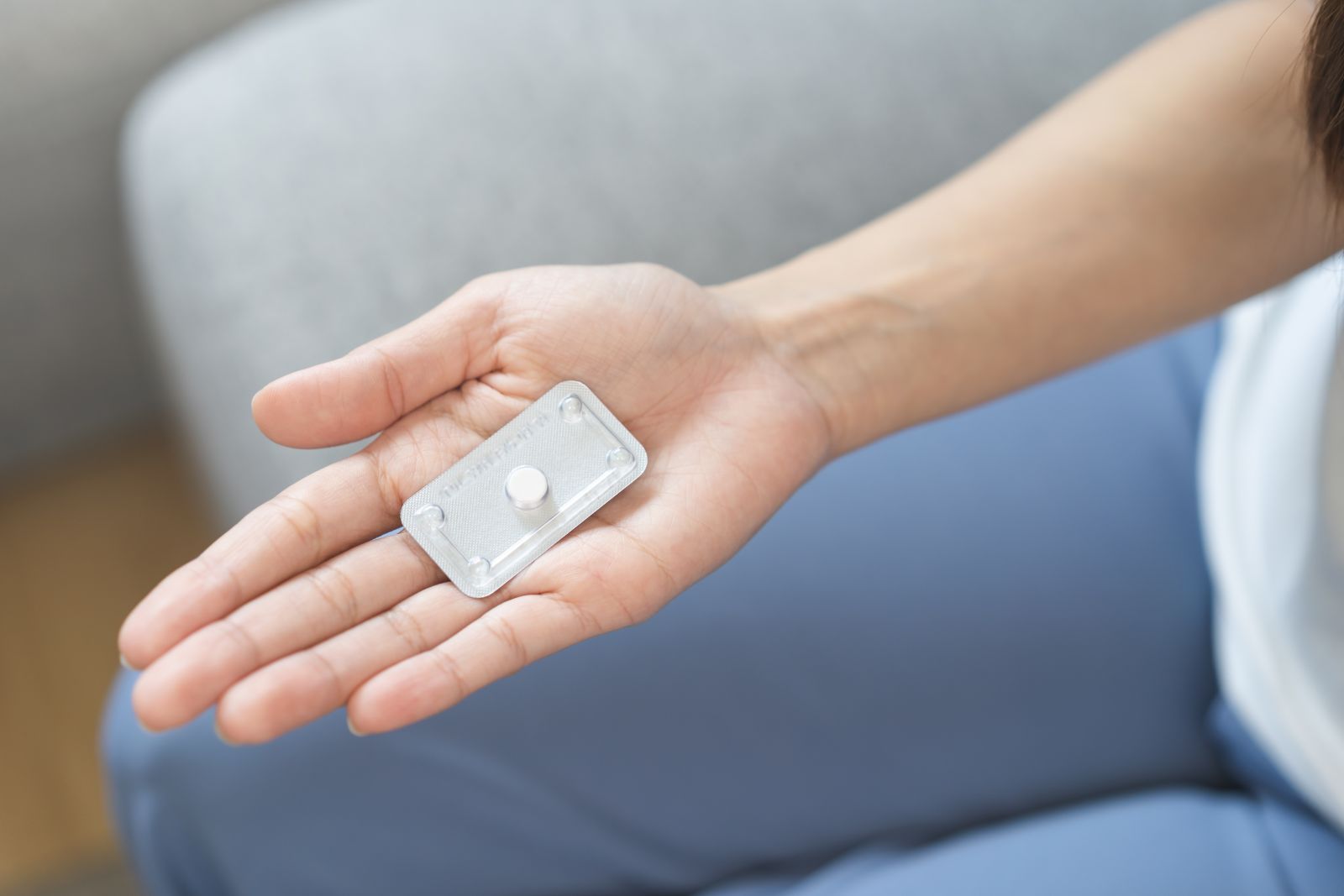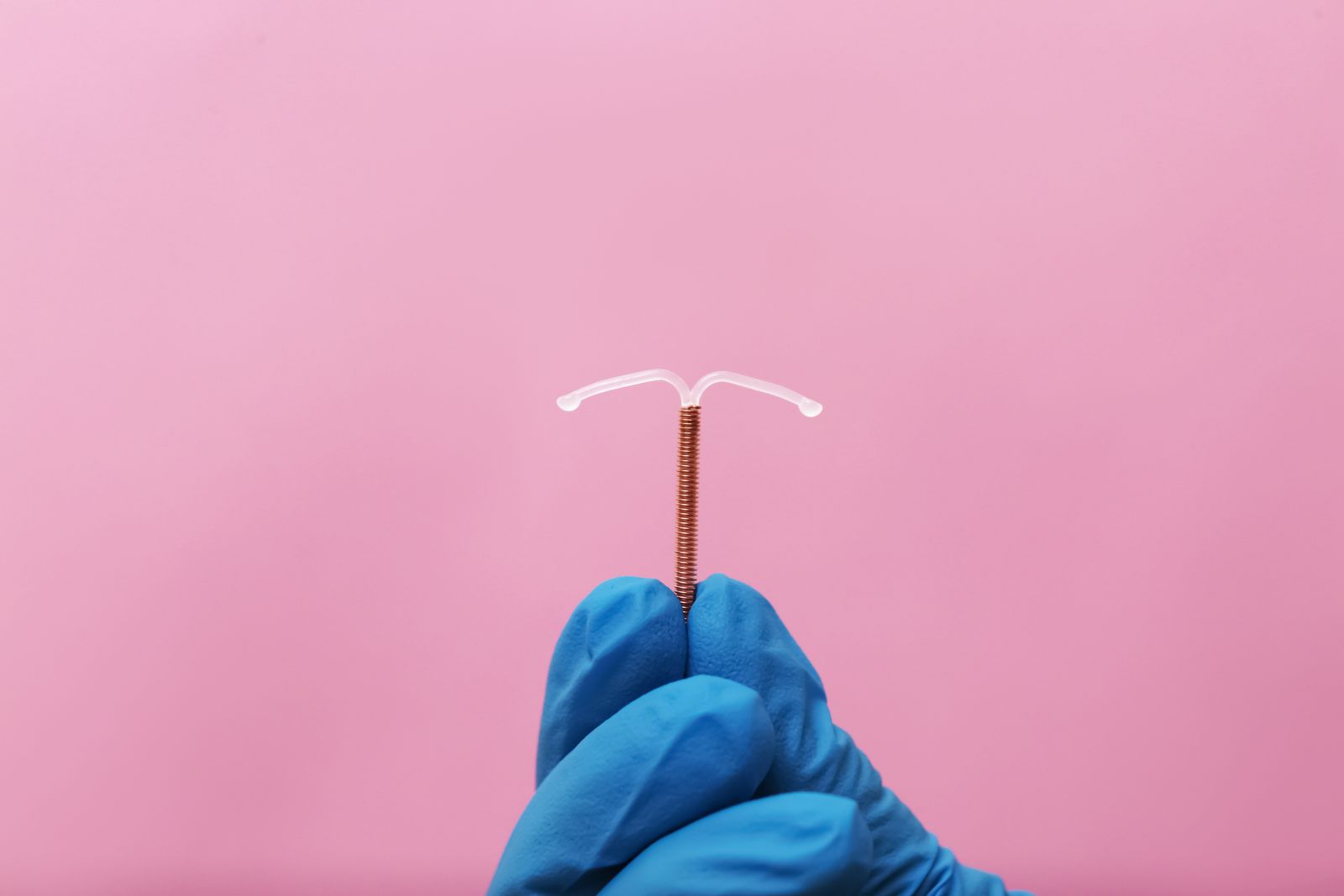
Emergency Contraception
Emergency Contraception
Emergency contraception is a method used for reducing the risk of pregnancy after unprotected sex or failure of regular contraception methods. Common methods include:
Emergency Contraceptive Pill

The emergency contraceptive pill is a medication containing a high dose of hormones that must be taken within 72 or 120 hours after unprotected sex. It works by inhibiting or delaying ovulation to achieve emergency contraception. Some women may experience side effects such as headache, nausea, dizziness, fatigue, menstrual pain, abdominal pain, back pain, and breast tenderness. In general, these side effects do not last more than 24 hours.
According to regulations, the emergency contraceptive pill must be prescribed by a doctor. Most women can take the emergency contraceptive pill without adverse effects on their health. Before using the emergency contraceptive pill, consult a doctor for assessment if it is suitable for you.
Failure rate: 1-3%
There are two types of pills: progestogen-only pills or ulipristal acetate pills (a progesterone receptor modulator). Comparisons between the two types of pills are as follows:
| Progestogen-only | Ulipristal acetate | |
| When should I take it? | Up to 72 hours after unprotected sex (Efficacy decreases with time) | Up to 120 hours after unprotected sex (Same efficacy within 120 hours) |
| Failure rate | 2-3% | 1-2% |
| Side effects | Headache, nausea, dizziness, fatigue, dysmenorrhea, abdominal pain, back pain and breast tenderness | |
| Any effect on the fetus in case ECP fails? | No adverse effect | Cannot be confirmed as data is limited |
| Can I use hormonal contraception within the same cycle? | Yes, the efficacy of hormonal contraception will not be affected | No, the efficacy of hormonal contraception will be reduced |
Precautions:
- It is not recommended to take emergency contraceptive pills within the same cycle repeatedly. Taking the emergency contraceptive pill will not provide contraception for subsequent unprotected sex.
- Emergency contraception should not be used as a regular contraception method but as an emergency option for unexpected situations. Other long-term contraceptive methods are more effective and have fewer side effects. Please consult with a doctor to evaluate the contraceptive method that suits you best.
Copper Intrauterine Device (IUD)

The copper IUD must be inserted within 5 days for emergency contraception. The process of inserting the IUD is simple and does not require anaesthesia. It can be done by a doctor in a clinic, and usually, there is no significant discomfort. Mild abdominal pain may be experienced during the insertion. In the days following the insertion, there may be slight vaginal bleeding, which is normal.
The copper IUD can also be used as a long-term contraceptive method. If the woman is suitable and wishes to continue using it, there is no need to remove the IUD. Regular follow-up appointments are required.
Failure rate: Less than 1%
Contraception is an important aspect of personal health and family planning. HEAL Fertility provides contraception and fertility counselling services, our reproductive medicine specialists will assess your circumstances and recommend a method that suits you best.
Source: Family Health Service, Hong Kong Department of Health